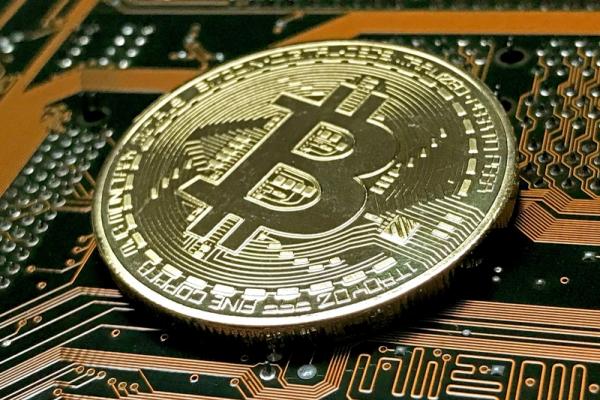Gold is 2025’s best performer. UBS sees more upside
The Bitcoin network has been wrestling with a consistent increase in unconfirmed transactions over the past four months. As of Friday, the network's memory pool (mempool), where transactions await confirmation, contains 513,652 pending transactions. This backlog has been growing since April 22, 2023, and the mempool hasn't been entirely cleared since then.
The surge in transaction volume this year, breaking previous records, is largely due to the incorporation of Ordinal inscriptions with financial transactions executed on the Bitcoin network. The volume of these Ordinal inscription transactions has even surpassed that of financial transactions in recent periods.
Over the first two weeks of September 2023, the number of unconfirmed transactions consistently exceeded 500,000. To fully clear the mempool backlog, miners would need to confirm around 196 block rewards, equivalent to roughly 376 megabytes of block space. Given that each block takes about 10 minutes to mine, it would take approximately 32 hours and 40 minutes for miners to process and clear these blocks.
The backlog peaked on Tuesday, September 6, with over 652,000 unconfirmed transactions recorded that day. The heightened transaction volume this year has set new records in daily confirmed transfers. For instance, around 682,281 transactions were confirmed on May 1, 2023. Nine days later, on May 10, the network confirmed 671,668 transfers. The fifth-highest daily confirmation rate occurred on Monday, September 5 with miners confirming 625,257 transfers.
Despite this persistent backlog in the mempool, transfer fees have managed to stay relatively low. Currently, the average transaction fee stands at 0.000053 BTC or approximately $1.42 per transfer. On Friday, a median-sized fee on the Bitcoin network was recorded at 0.000018 BTC or about $0.48 per transfer.
Addressing the issue of unconfirmed transactions and congestion in the Bitcoin network's mempool is complex and does not have a universal solution as of 2023. Various strategies and improvements, such as using Segregated Witness (Segwit), implementing layer two (L2) concepts like the Lightning Network, optimizing transaction size, and employing transaction batching have been proposed and implemented over the years to tackle these challenges. However, despite these solutions being available for several years, the backlog issue has not seen significant improvement. It's important to note that any major changes to the Bitcoin protocol usually require consensus among network participants, which can be a lengthy process.
This article was generated with the support of AI and reviewed by an editor. For more information see our T&C.
